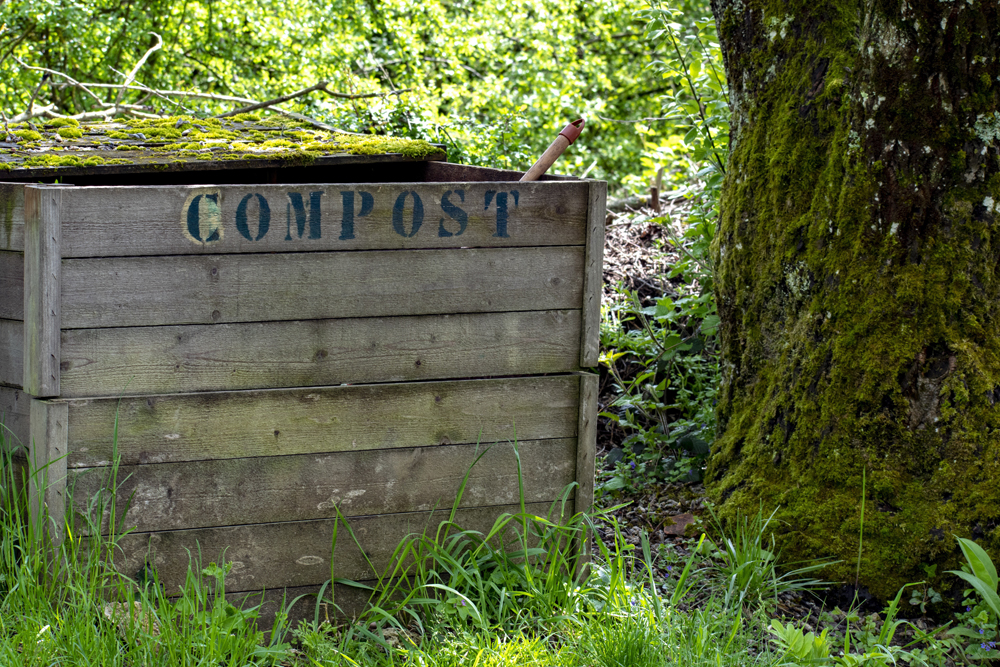
Austin City Council Opposes Pipeline, Calls For Review Of Potential Impact To Aquifers
Joining several other Central Texas communities, the Austin City Council on Wednesday unanimously approved a resolution opposing a natural gas pipeline that energy company Kinder Morgan is routing through the Hill Country.
The 430-mile pipeline is proposed to travel from West Texas to the Gulf Coast, crossing over the Trinity and Edwards aquifers, cutting through natural habitat areas, as well as privately owned Hill Country properties.
Working with members of the Lone Star Chapter of the Sierra Club and the TREAD Coalition (Texas Real Estate Advocacy and Defense), Council Member Leslie Pool sponsored the resolution, with Council Members Alison Alter, Natasha Harper-Madison, Ann Kitchen, and Sabino “Pio” Renteria as co-sponsors.
TREAD has filed a lawsuit against the Texas Railroad Commission on behalf of several Hill Country landowners objecting to the agency’s lax role of approving oil and gas pipeline applications without providing oversight. A Travis County judge is expected to rule on the lawsuit this month.
“I appreciate the advocacy work that the Sierra Club, TREAD, and so many other groups are doing to protect our beautiful Hill Country,” Pool said. “I am especially concerned about the pipeline’s undeniable threat to the Trinity and Edwards aquifers and all of our natural resources.”
The Edwards Aquifer feeds Austin’s Barton Springs Pool and serves as a primary drinking water source for two million people throughout the region.
“Pipelines kill people, on average over one a month,” said Bob Hendricks, co-chair of the Climate Change Committee of the Sierra Club’s Lone Star and Austin chapters. “Pipelines explode, on average once every 11 days. Pipelines pollute. Seven years after a spill at Kalamazoo River, the river was still polluted. A spill into the Edwards Aquifer through our porous limestone could never be cleaned.”
Council Member Pool noted that the resolution goes beyond symbolic opposition. It asks city environmental staff to study the potential water quality impacts the pipeline would have on area aquifers as well as a study of other legal avenues the City could pursue to more effectively oppose the pipeline and other hydrocarbon pipelines that follow.






